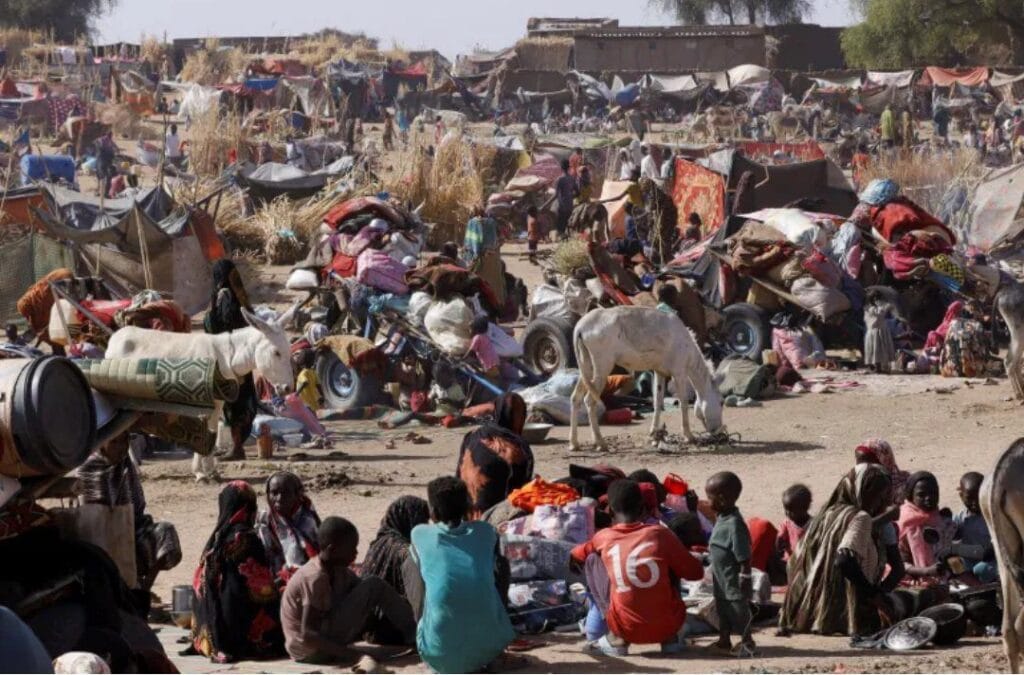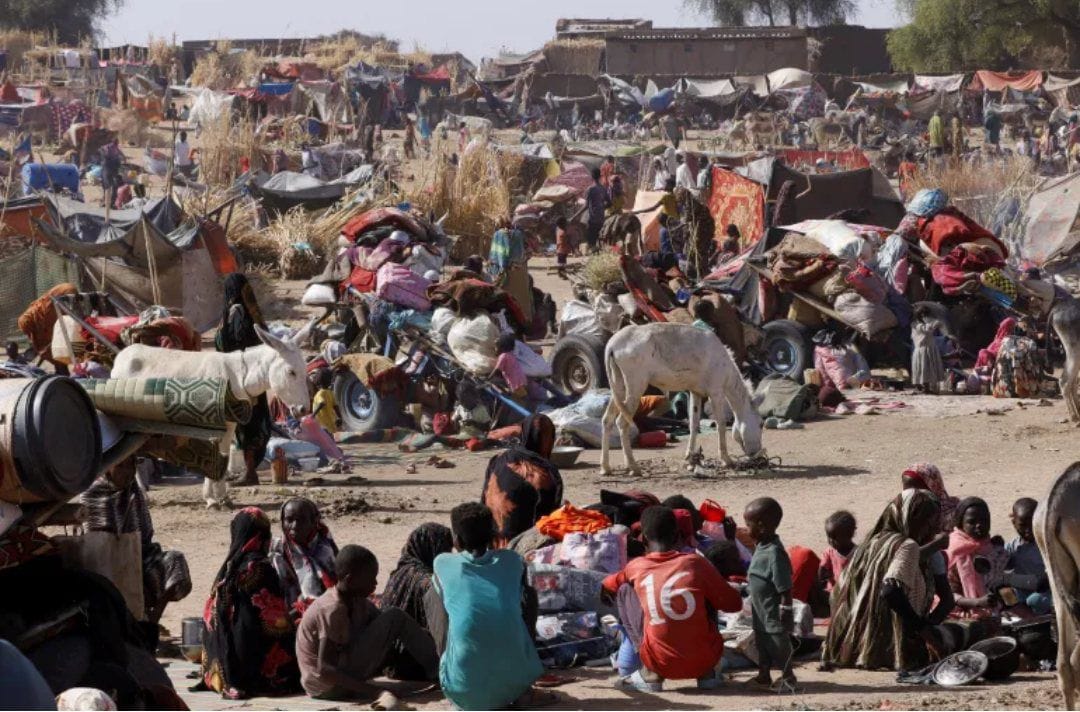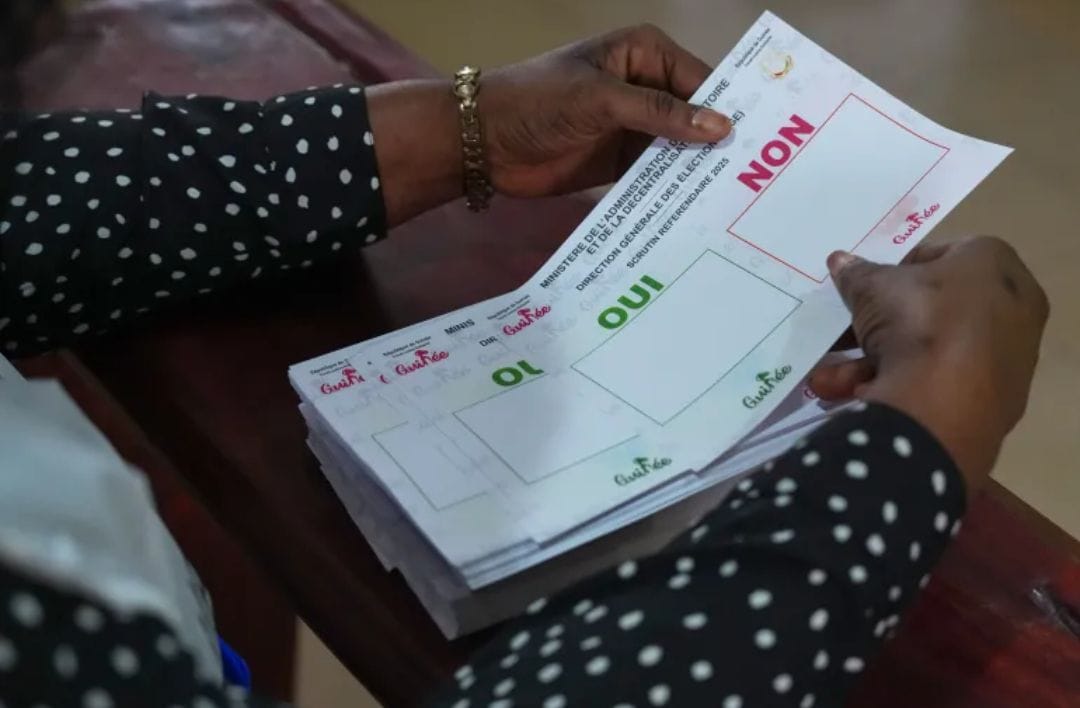The el-Fasher crisis has reached a critical stage as a deadly drone attack killed more than 70 worshippers at a mosque in Sudan’s Darfur region.
The United Nations and humanitarian organizations have expressed grave concern about the rapidly worsening conditions, calling for urgent intervention to prevent further civilian casualties.
UN Secretary-General Antonio Guterres described the situation as “alarming” and urged all parties to immediately cease hostilities and engage in meaningful dialogue. The deadly attack has intensified fears that the el-Fasher crisis could spiral into one of the region’s worst humanitarian emergencies in decades.
El-Fasher, the capital of North Darfur, has been under siege by the paramilitary Rapid Support Forces (RSF) for more than a year. Government-backed Sudanese Armed Forces (SAF) and allied militias have struggled to defend the city, leaving tens of thousands of civilians trapped with limited access to food, water, and medical care.
This prolonged siege has been a central driver of the el-Fasher crisis, with humanitarian corridors repeatedly blocked or rendered unsafe.
Reports from survivors indicate that the RSF has targeted civilian neighborhoods, hospitals, and displacement camps in a bid to seize control of strategic areas. Aid agencies have warned that the continued violence is exacerbating already dire conditions, with malnutrition and disease spreading among displaced populations.
UNICEF estimates that over 600,000 people have fled the city since the onset of intensified fighting, many of whom remain at risk along dangerous routes to temporary shelters.
The latest drone strike, which hit the Al-Safiya Mosque during dawn prayers, is widely condemned as a violation of international humanitarian law. Dozens of children were among the casualties, underscoring the vulnerability of civilians in the ongoing el-Fasher crisis.
Local authorities and international observers have called for accountability for those responsible, stressing that attacks on places of worship are prohibited under global conventions.
Humanitarian agencies continue to struggle to provide assistance amid mounting insecurity. Food supplies, clean water, and medical aid are scarce, and the destruction of infrastructure has severely hampered relief efforts.
The el-Fasher crisis is not only a security catastrophe but also a looming public health disaster, with experts warning that the situation could worsen unless immediate measures are taken to protect civilians.
The African Union and other regional bodies have condemned the attacks, calling for ceasefires and safe passage for humanitarian convoys.
They have also urged Sudanese authorities to coordinate with international organizations to establish secure zones for vulnerable populations. Despite these calls, clashes have persisted, leaving the civilian population increasingly exposed to violence.
Adding to the complexity, reports suggest that various armed groups have exploited the chaos for recruitment and ransom, further fueling the el-Fasher crisis.
Children and young adults have been forcibly conscripted, and there are increasing incidents of sexual and gender-based violence. The UN has repeatedly stressed that such acts constitute grave violations of human rights and may amount to war crimes.
The humanitarian toll of the el-Fasher crisis extends beyond immediate casualties. Thousands of families have been displaced multiple times, losing homes, livelihoods, and access to education. The psychological impact on children and adults alike is profound, with experts warning of long-term consequences for social cohesion and stability in the region.
In response, international agencies have called for a multi-faceted approach combining immediate relief, conflict resolution, and accountability mechanisms.
Aid workers stress the need for increased funding and logistical support to ensure that food, medicine, and other essentials reach the affected population.
The el-Fasher crisis has also drawn attention to the wider systemic issues in Sudan, including governance failures, ethnic tensions, and competition over resources.
The ICC has taken note of the escalating violence, with prosecutors highlighting patterns of attacks targeting civilians and infrastructure.

These findings underscore the gravity of the el-Fasher crisis and the urgent need for the international community to intervene diplomatically and provide robust humanitarian support.
As the city braces for potential further attacks, experts warn that without decisive action, the el-Fasher crisis could set a precedent for prolonged instability in Darfur. Calls for ceasefire agreements, humanitarian corridors, and accountability measures continue, but the situation on the ground remains precarious.
The ongoing conflict has left a stark reminder: the el-Fasher crisis is as much a human tragedy as it is a test for international institutions tasked with preventing mass suffering.
Ensuring the safety and survival of civilians in Darfur now depends on coordinated efforts between local authorities, international agencies, and diplomatic actors willing to exert pressure on all warring parties.



